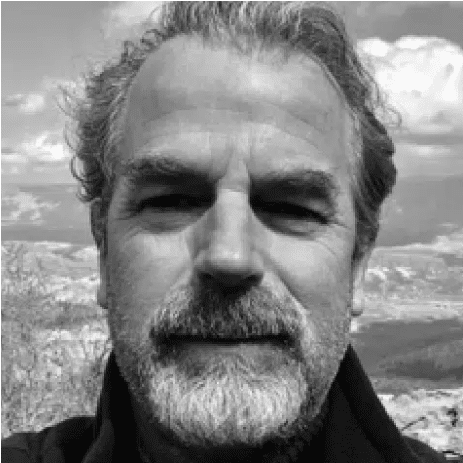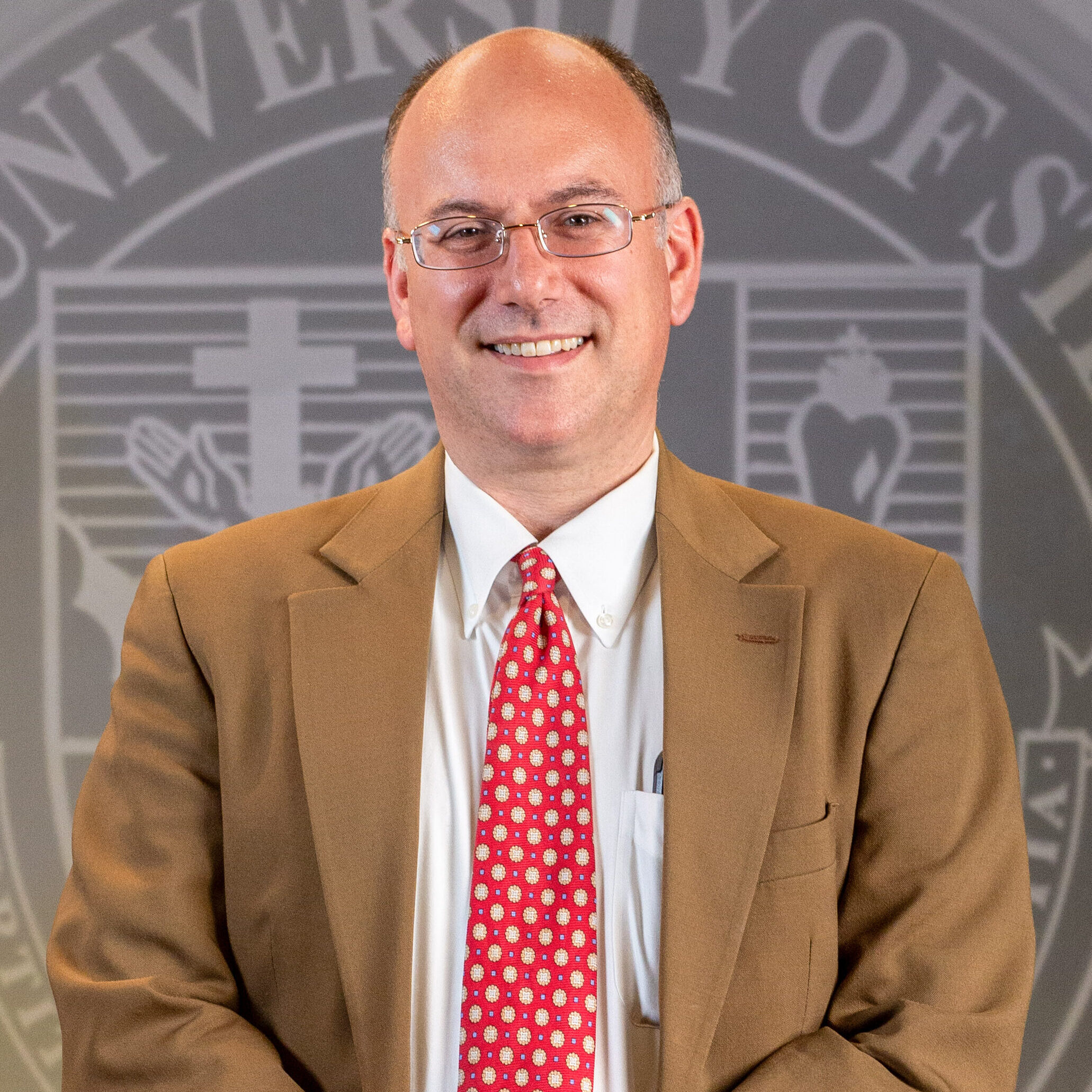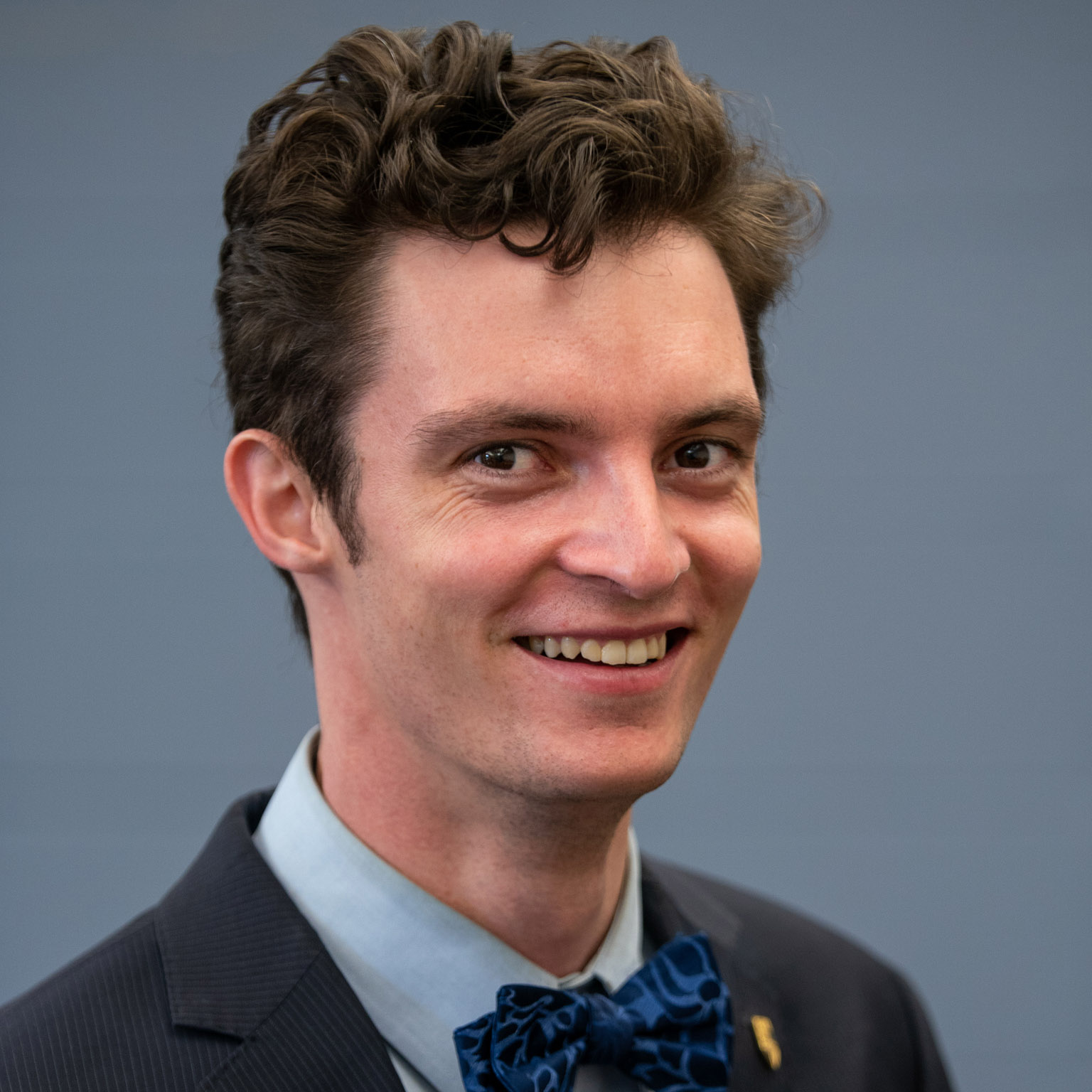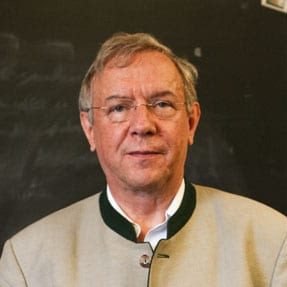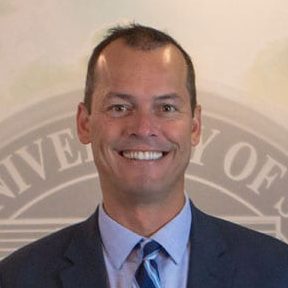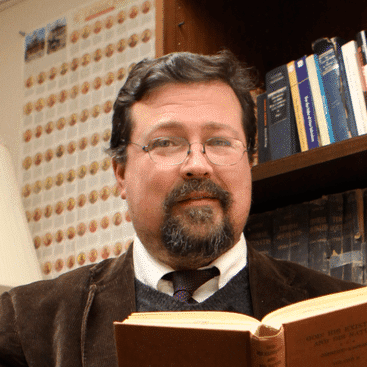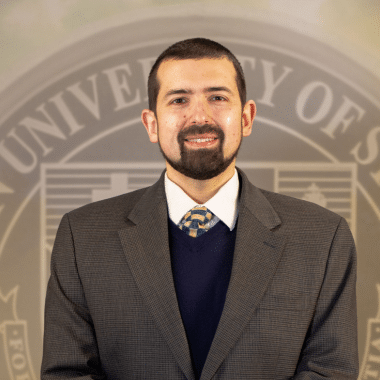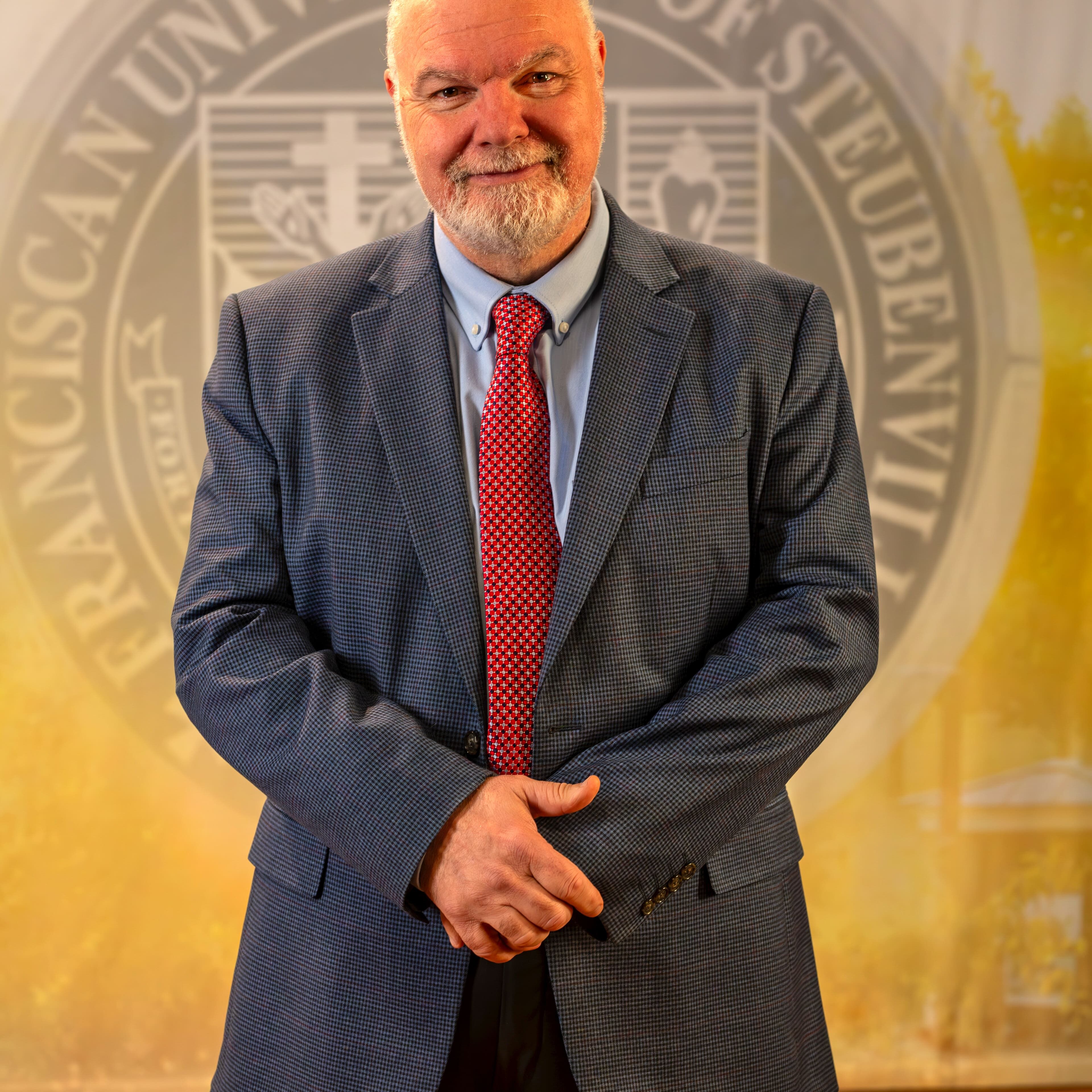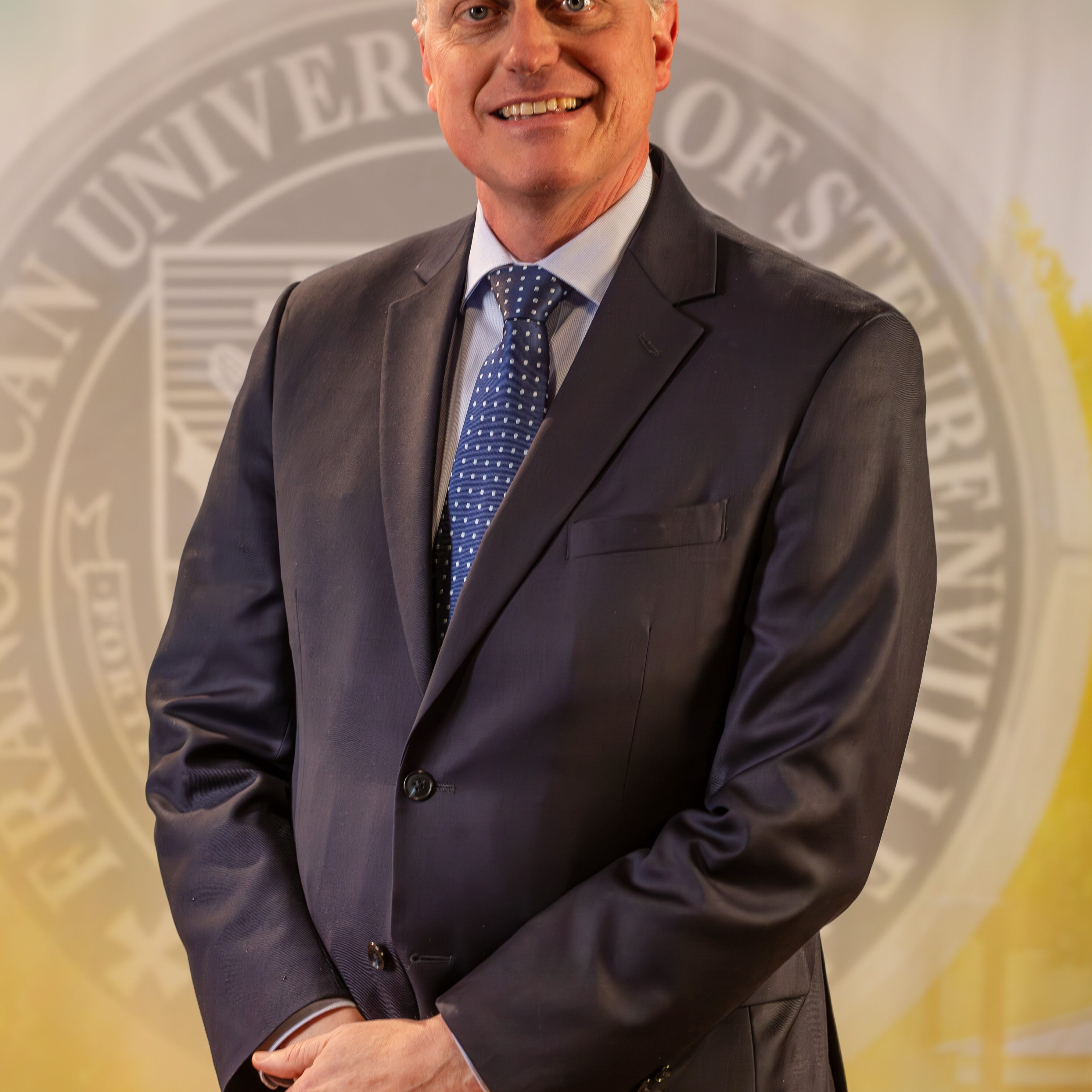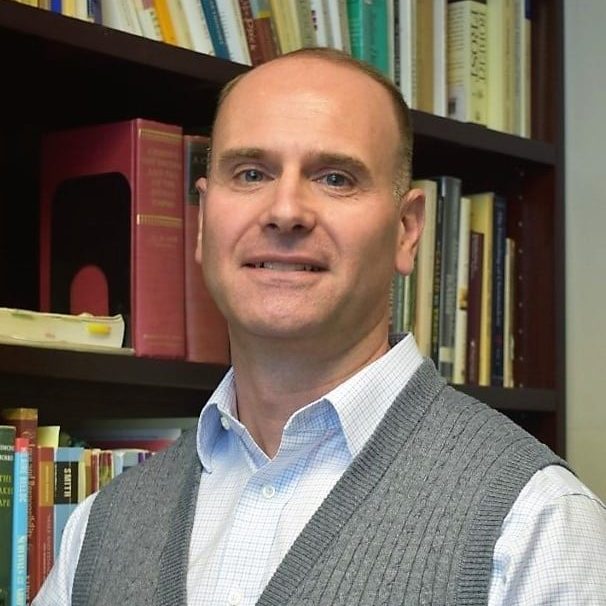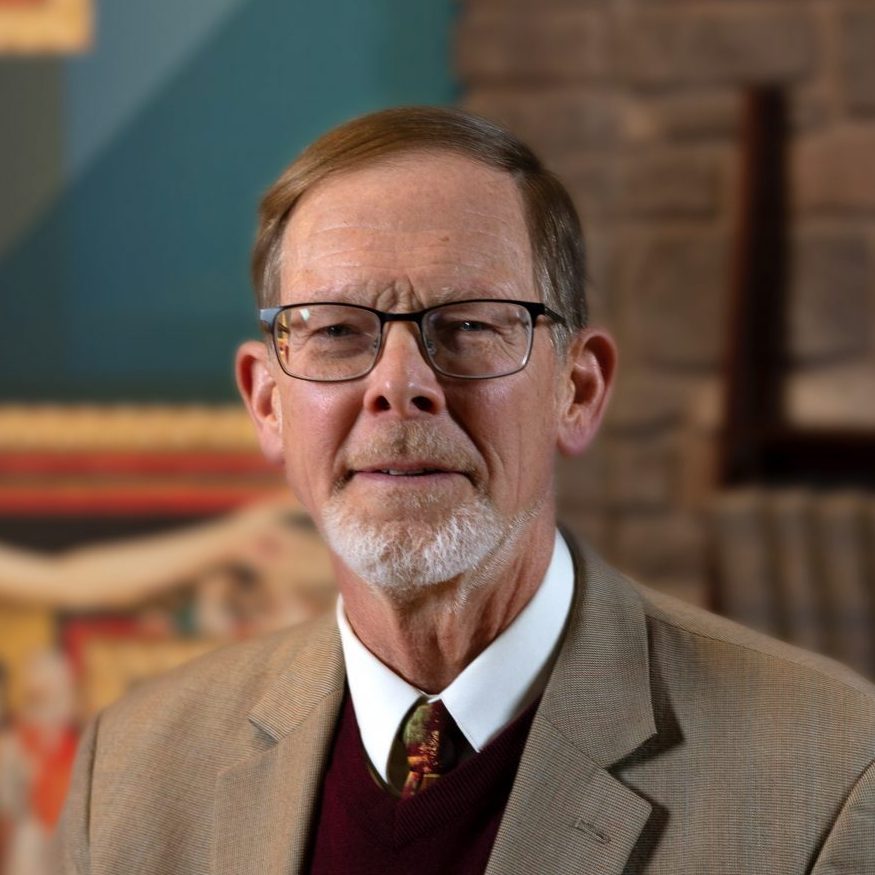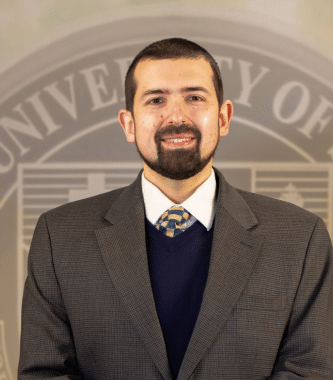
Dr. Jacob Wood
Associate Professor of Theology
Director of Master of Theological Science/Master of Art in Theological Studies 4+1
- 2014: PhD, Systematic Theology Minor Concentration, Latin The Catholic University of America, Washington, D.C.
- Dissertation: The Natural Desire for God: Henri de Lubac and European Thomists of the Early Twentieth Century
- Director: Chad Pecknold, PhD
- Defended: April 2014 (with distinction)
- 2007: MTheol (Hons), First Class, St. Mary’s College, University of St. Andrews, Scotland
- 2019 – Present Franciscan University of Steubenville, Steubenville, OH
Associate Professor of Theology - 2014 – 2019 Franciscan University of Steubenville, Steubenville, OH
Assistant Professor of Theology - 2013-14 University of Dallas, Irving, TX
Affiliate Instructor of Theology - 2009-14 Catholic Distance University, Hamilton, VA
Instructor of Moral Theology - 2010-13 Loyola University Maryland, Baltimore, MD
Affiliate Faculty of Theology - 2012-13 Augustine Institute, Denver CO
Adjunct Professor of Theology
Research Interests
His research lays the foundation for a new model of ressourcement theology in the areas of theological anthropology and fundamental theology, by retrieving the theological conversations which shaped the primary sources of theology, as well as the developments that connect those sources with us. Having devoted a decade to the recovery of the medieval conversation on nature and grace, its development in Aquinas, and its subsequent reception, with the aim of overcoming contemporary polarization between neo-Thomists and Lubacians, he is now engaged in a related project concerning the relationship between sin and grace. His goal is to address the long-standing debate among Thomists concerning whether or to what extent fallen nature has been wounded by original sin, utilizing manuscript sources to reconstruct the medieval conversation about this question in which Aquinas took part, and so recovering Aquinas’s Augustinian emphasis on humanity’s need for Christ’s healing grace (gratia sanans).
Areas of Expertise
His areas of expertise are theological anthropology and fundamental theology. Within these disciplines, he has extensively published on subjects of nature, natural desire, sin, grace, and analogy in the context, thought, and reception of Thomas Aquinas. He is currently working on the question of the effects of original sin. In addition to his research into Aquinas, he has also re-discovered the theological anthropology of Giles of Rome (“Aegidius Romanus”) and the Augustinian-Thomism of the Order of the Hermits of Saint Augustine (the “Aegidian” tradition).
- “Ressourcement.” The T&T Clark Companion to Henri de Lubac. New York: T&T Clark (forthcoming 2016)
- “Kataphasis and Apophasis in Thirteenth Century Theology: The Anthropological Context of the Triplex Via in the Summa fratris Alexandri and Albert the Great.” The Heythrop Journal 57 (2016): 293-311.
- “Recasting Augustine to Look like Aristotle: Philip the Chancellor, Natural Desire, and the Advent of potentia obedientiae.” Nova et Vetera (English Edition) 13 (2015): 815-36.
Full List
- “Augustine and Henri de Lubac” (with Chad Pecknold). The T&T Clark Companion to Augustine and Modern Theology, 196-222. New York: T&T Clark, 2013.
- “A Way Forward for Thomist Anthropology? Re-Reading Henri de Lubac in the Light of his Predecessors on the Natural Desire for God.” A Magyarországi Aquinói Szent Tamás Társaság Közleményei 2 (2013): 277-87.
- “Limitele corporale ale epistemologiei tomiste: O schimbare de paradigmă a secolului XX” [“The Bodily Limits of Thomist Epistemology: A Twentieth Century Paradigm Shift”], trans. Ruxandra Mocanu Perdichi, Studii Thomiste 12 (2012): 5-27.
- “The New Evangelization and the Loss of the Sense of the Sacred: Henri de Lubac and Joseph Ratzinger on the Awareness of God in a Post-Christian Society.” The Sower 33, no. 4 (2012): 39-41.




